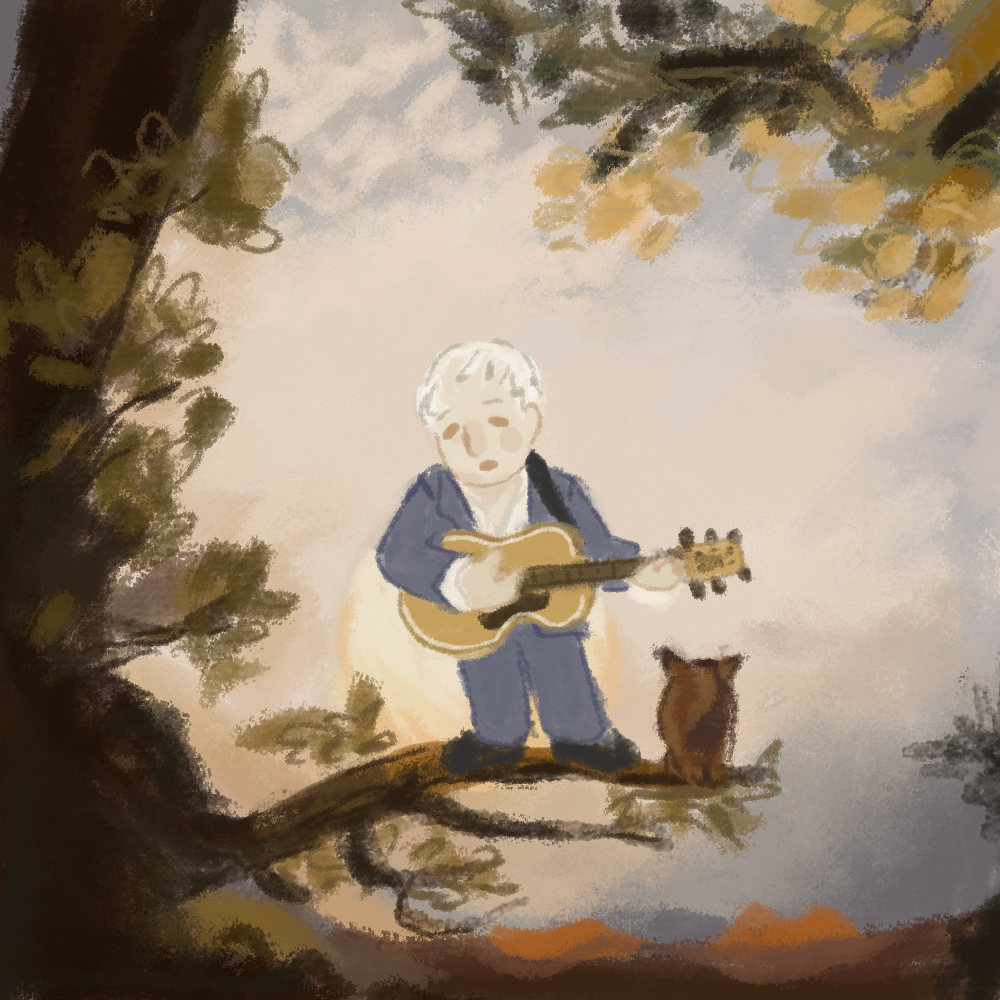This film contains scenes of extreme violence and descriptions of sexual assault.
Matangi / Maya / M.I.A., a new biographical documentary by Steve Loveridge on controversial pop artist Mathangi “Maya” Arulpragasam, shows surprisingly little concern for Arulpragasam’s music. In fact, the film spends a minimal amount of time describing Arulpragasam herself.
Sara Kiener ’06, head of production at Cinereach, the production company responsible for the documentary, spoke of the intent behind Matangi at an intimate talk in Janet Wallace Fine Arts Center on Oct. 22. “[Loveridge] said ‘If you can find it on the internet, it’s probably not going to be in the film,’” Kiener explained.
The documentary’s unique content comes from its unique production. Matangi draws from a cache of Arulpragasam’s own personal footage spanning over 20 years. Sidestepping Arulpragasam’s image as portrayed by an often-critical media, the documentary gives her a voice that is uncompromising and fiercely political.
Near the start of the film, footage shows the Arulpragasam family during their relocation to London, fleeing civil war in Sri Lanka. The war was between the government and a rebel group, which Arulpragasam’s father co-founded. Being displaced at the age of ten defined an important aspect of Arulpragasam’s identity, spurring her to become an activist. This experience also influenced Arulpragasam’s art, as exemplified in music videos like the one for her songs “Borders.” In “Borders” Arulpragasam is shown alongside refugees and perched atop border walls.
A significant sequence in the documentary has Arulpragasam returning to her home in Sri Lanka prior to the launch of her music career, when she intended to make a documentary. Segments from this period are interspersed throughout the film, constantly returning to Arulpragasam’s interactions with family members affected by the war. These scenes are enlightening, but not always flattering, and help in understanding Arulpragasam’s political motivations. One such scene involves Arulpragasam arguing with her family over whether or not she truly experienced the hardships of war.
Criticisms of Arulpragasam’s perceived hypocrisy have been common throughout her career. The film highlights the critical 2010 New York Times piece by Lynn Hirschberg in which Arulpragasam talks about revolutionary politics while munching on truffle fries. It also addresses a particularly scathing parody music video of Arulpragasam’s popular song “Paper Planes” by Funny or Die, which depicts Arulpragasam in a mansion with lyrics such as “All I wanna do is invest my money/ All I wanna do is/ Check out my Monet.”
However, despite portraying Arulpragasam with warts and all, the film is ultimately on her side. Those truffle fries were actually ordered by Hirschberg herself, and the humorous takes on Arulpragasam’s privilege are contrasted with her being snubbed in interviews, while trying to draw attention to crimes against humanity occurring in Sri Lanka (later confirmed by the UN). Arulpragasam’s activism remains unrelenting and sincere throughout the film, with behind-the-scenes footage giving her side of the story on the many controversies of her career.
The film explains the infamous middle finger Arulpragasam gave during her Superbowl halftime performance with Madonna and Nicki Minaj: she was frustrated seeing Madonna, a musical influence and heroine form Arulpragasam’s youth, being ordered around and belittled by men in suits. Other shocking and controversial career moves are given further context and explanation by Arulpragasam herself, like her darkly ironic music video for “Born Free.” The video depicts the rounding up and genocide of ginger boys. In retracing her career, the documentary gives greater personal voice to Arulpragasam in situations where she was publicly maligned and marginalized.
The marginalization of Arulpragasam’s voice extends to the distribution of the film itself. Kiener spoke about facing constant disappointment in attempts to find distributors for the film. “I had so many men in the industry tell me that this movie didn’t have an audience,” he said. The problem of male gatekeeping is still endemic within the film industry, with women being woefully underrepresented in production roles.
Kiener and Cinereach ultimately decided to self-release the film, turning down the only current offer, from Netflix. Had the film been sold to Netflix, Kiener explained, they would have lost all rights to it, and it would likely have been lost amongst the dozens of Netflix-owned series that receive minimal advertising and traffic.
Kiener wanted the film to be seen, advertised and released on their own terms. Despite the fact that Cinereach might not make back the $1.3 million it cost to make Matangi, it still premiered in October on 100 screens, in 10 territories around the world. It will also soon be coming out on iTunes as a single-pay streaming option.
Kiener spoke repeatedly about who is given a voice in films and whose voices are often left out. In response to female underrepresentation in film production, she described a feeling of responsibility to become as successful as possible within the film industry, so she could better amplify the voices of other women. While Arulpragasam’s career is controversial, this documentary still portrays her as an artist and activist with an uncompromising voice. It is unfettered by the distance provided with the media’s portrayal. The inclusion of all aspects of Arulpragasam’s life and career afforded by this unique footage, including her flaws, is essential in portraying Arulpragasam’s unique political position and use of her platform as a pop star.
Kiener’s disdain towards marginalization of the voices of women and people of color is exemplified in a quote from the film, in which Arulpragasam defends her infamous middle finger: “a brown person who is standing up there and not sucking dick is more offensive than murdering someone.”








Julian Metcalfe • Sep 11, 2019 at 1:28 pm
Obviously I like your web-site, however you have to check the spelling on quite a few of your posts. Many of them are rife with spelling issues and I find it very silly to tell you. On the other hand I will definitely come again again!
Steven North • Sep 10, 2019 at 7:52 am
Thank you for another informative website. The place else may I get that kind of info written in such an ideal manner? I’ve a challenge that I am simply now operating on, and I have been on the look out for such information.
Dominic Walker • Sep 5, 2019 at 5:35 am
Truly no matter if someone doesnít know then its up to other people that they will help, so here it takes place.